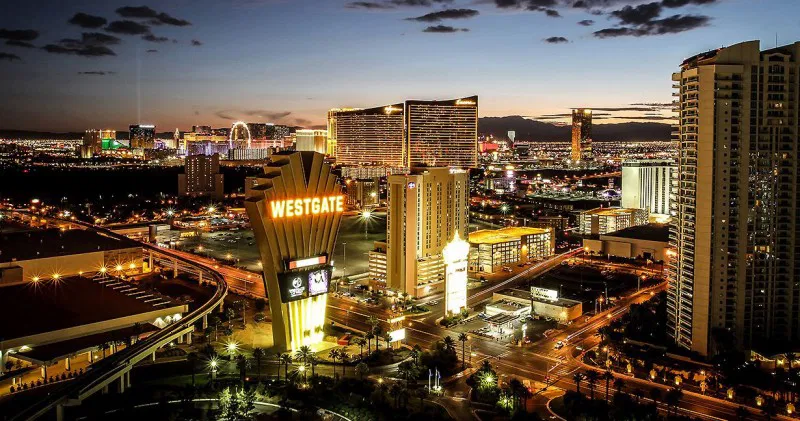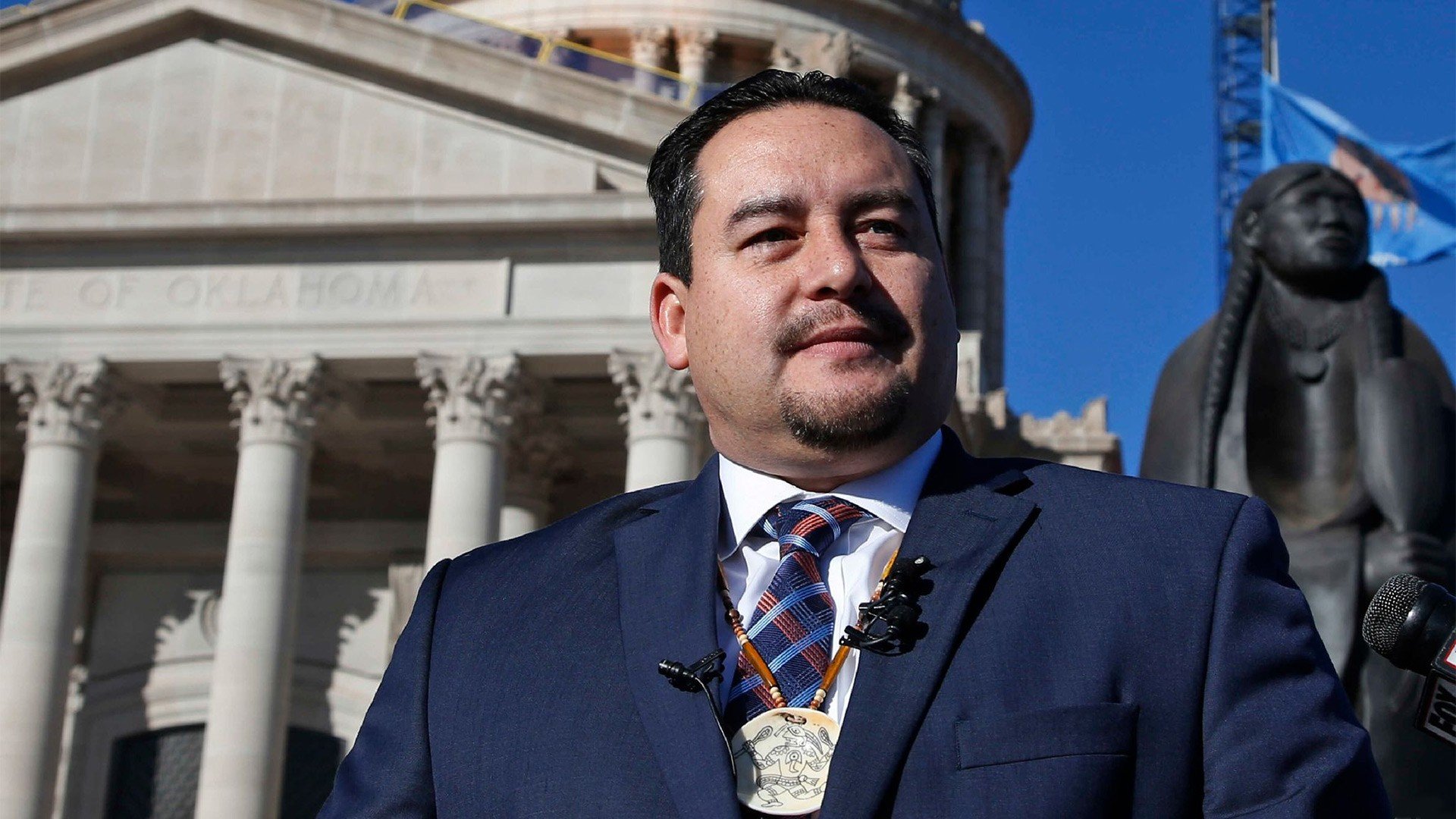Westgate Casino Bets on Radar Scans

One of the architectural trademarks of Las Vegas Strip venues, its Y-shaped disposition which funnels visitors past slot machines and card tables whatever their destination, and which has so far proven profitable, is now being challenged against an aspect casinos are relying on more heavily than on profit- safety.
In the words of Westgate Las Vegas' COO Mark Waltrip, "Y-shaped buildings have issues as well." "The bulk of your guests are in this highly concentrated area, just lingering," Waltrip says. "Ensuring their safety— and the safety of the resort's assets—requires more than a few cameras and guards." And this is why the Westgate Las Vegas Casino, the first megacasino to feature the Y design within— will begin testing a weapon-sensing device called the Patscan Cognitive Microwave Radar this week.
Marketed by Canadian security outfit PatriotOne, the Patscan CMR combines short-range radarwith machine learning algorithms to scan individual guests for guns, knives, and bombs in real time—without forcing them to line up and walk through metal detectors. And unlike the whole-body scanners seen in airports, Patscan units are small enough to hide inside existing infrastructure, from walls and doorways to turnstiles and elevator banks. Most people will never realize they're there—and that's exactly the intended effect.
A system like PatriotOne's could be the ideal security solution for a destination like Las Vegas, where resorts need to address the safety of their guests, while also catering to the freedom and excess that precedes the city.
"People come to Vegas because it's the fun capital of the world. They're there to let loose, rock and roll, and do things they'd never do," Waltrip says. "If they show up at their resort and they have to line up for metal detectors or walk through security guards carrying rifles and pistols—that's going to ruin their experience." From an atmospheric standpoint, an overt security presence is the opposite of excitement, impunity, and dubious deeds.
Currently, and despite the fact that Nevada is an open-carry state and it is legal to carry a concealed weapon on or near your person with the appropriate permit, most resorts do not allow guns on their premises. "I believe in people's right to bear arms," Waltrip says. "I have a concealed carry permit myself. But, you know, on our properties, we want to maintain a safe environment, and we don't need guests bringing weapons on site. We really don't want that kind of surprise."
But surprises do happen—sometimes with violent consequences. When authorities searched the hotel room of Mandalay Bay gunman Stephen Paddock earlier this year, they found 23 firearms. For Vegas resorts and casinos, screening for concealed weapons has become more critical than ever, but most would prefer to do it without metal detectors, wands, pat-downs, and other buzzkill tactics.
That's where Patscan comes in. Each radar unit consists of a service box and two antennae. The first antenna emits 1,000 pulses of electromagnetic radiation per second, at frequencies between 500 MHz and 5 Ghz. Given the weakness of the frequency range, the radar units will not interfere with cell phones and GPS devices. That also limits their detection range to about two meters.
The second antenna monitors for electromagnetic patterns inside that two-meter range. When you hit an object with electromagnetic radiation, it resonates according to its shape and material composition. Pistols, grenades, rifles, knives, machetes, machine guns, pressure-cooker bombs—they all resonate in the frequency range that Patscan emits.
Everything resonates differently. "We call it an object's radar signature," says electrical engineer Natalia Nikolova, director of McMaster University's Electromagnetic Vision Research Laboratory. Nikolova has worked on concealed weapon detection for years, but says electronics have only recently become small enough to create something as compact as Patscan, which is based on her research.
PatriotOne maintains a growing database of known radar signatures, which Patscan's onboard computer uses to distinguish weapons from benign objects and notify security personnel. "The best analogy is antivirus software," says PatriotOne CEO Martin Cronin. "You get it out of the box and it's equipped with a set of signatures. But it’s constantly checking the database for new ones." Cronin says that, in time, machine learning algorithms will also allow Patscan devices like the ones at Westgate to improve with use, by learning to separate the normal signatures of their immediate environments from abnormal ones.
For a place like Westgate Las Vegas, those environments could eventually include entry and exit points, registration desks, baggage check, parking garages, elevators, and other high-traffic areas. So-called choke points—areas within the resort that 100 percent of guests will traverse at some point during their visit—are of particular interest to Westgate security. "Right now, we’re looking at four or five where a Patscan unit could be very viable,” says Tim Cook, the resort's head of security operations.
For now, though, Westgate's security personnel and a team of PatriotOne engineers will test Patscan devices at the resort's employee entrance before putting them through their paces throughout the premises. "It'll be a rolling process," Cronin says, adding that the next six months will be all about training, testing, and evaluating the system's performance. "We may well see broader implementation before the second half of the 2018, but we want to be conservative about it so the tech is really robust for a broader launch."
"We have the great advantage here," Cronin says, "of having access to a lot of weapons we can't get anywhere else." But so, too, is its incentive to safeguard guests.


















































